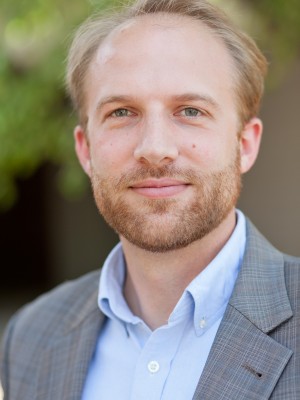Administration
Nicholas Allen, Director
Baldwin Professor in Humanities
Nicholas Allen is the director of the Willson Center and Baldwin Professor in Humanities. His latest book, Ireland, Literature, and the Coast: Seatangled, was published in December 2020 by Oxford University Press. He has been the Burns Visiting Scholar at Boston College and has received many grants and awards, including from the Mellon Foundation, the National Endowment for the Humanities, and the Irish Research Council.

Winnie Smith, Associate Director
Winnie Smith has worked at UGA since 2007, previously at the College of Education and the College of Agricultural and Environmental Sciences. She is a proud Double Dawg, receiving both her BFA in jewelry and metalsmithing and her MAED in art/museum education from UGA. Winnie works closely with the Willson Center Board of Friends, provides support to grant funded faculty and students, and specializes in office administration, grants management, and event planning. Winnie’s favorite place in Athens is the Georgia Museum of Art, and she enjoys spending time at Watson Mill State Park.
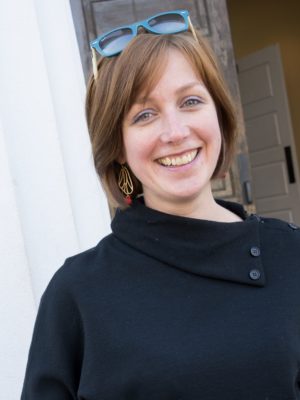
Dave Marr, Communications Director
Dave Marr is a University of Georgia graduate in film studies and journalism. A writer and musician who has lived in Athens since 1991, he was city editor and film columnist at Flagpole magazine prior to joining the Willson Center in 2012. He oversees all of the Willson Center’s public communications as well as those of its grant-funded initiatives, and helps coordinate public programs in the arts and humanities throughout the university, including the Humanities Festival, the Global Georgia events series, the Delta Visiting Chair, the Ferdinand Phinizy Lecture, and Spotlight on the Arts.
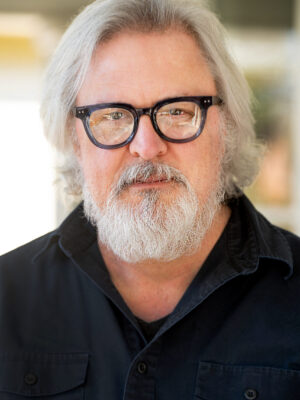
Calli McCormack, Program Coordinator
Calli McCormack is a University of Georgia graduate, with a bachelor’s degree in political science from the School of Public and International Affairs. Calli is a local Athenian with a background in event planning and office administration. Before joining the Willson Center in 2022, she was an event coordinator at Epting Events. She supports the Willson Center director in all initiatives and provides a central link between the director, associate director, and communications director to manage finances, programs, and collaborations.
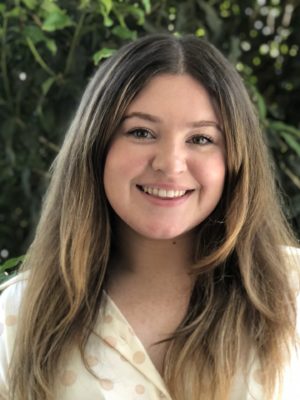
Angela Dore, Research Coordinator
Angela Dore is the Research Coordinator of “Culture and Community at the Penn Center National Historic Landmark District,” a partnership initiative of Penn Center and the Willson Center, funded by a grant from the Mellon Foundation. She received her BA from Spelman College and earned her MA in business design and arts leadership from Savannah College of Art and Design. Her interests include art history, cultural and land preservation, and designing multigenerational creative programming and outreach.
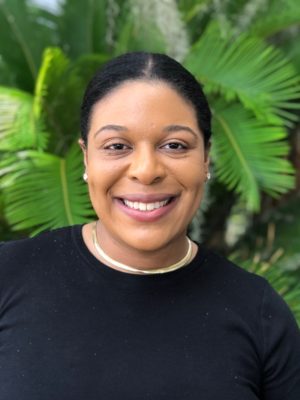
Barbara McCaskill, Associate Academic Director
Professor of English; Co-Director, Civil Rights Digital Library Initiative
Barbara McCaskill earned an M.A. and Ph.D. from Emory University. She held a General Sandy Beaver Teaching Professorship (2005-08), and is a recent recipient of the Martha Munn Bedingfield Excellence in Teaching Award from the Department of English (2014). She has taught courses in African American and Multicultural American Literature at UGA for 23 years. In 2012 McCaskill was named the Fulbright Visiting Research Chair in Society and Culture at Dalhousie University, Halifax, Nova Scotia, Canada. Her fourth scholarly book is the single-authored study Love, Liberation, and Escaping Slavery: William and Ellen Craft in Cultural Memory, published by the University of Georgia Press in May 2015. She is co-director of the Civil Rights Digital Library Initiative, initially funded by a National Leadership Grant from the Institute of Museum and Library Services.
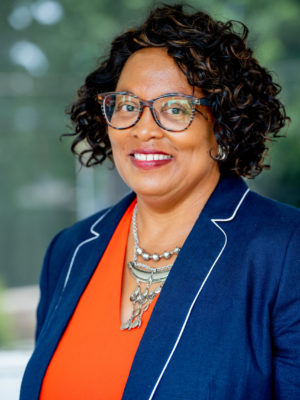
Elizabeth Wright, Associate Academic Director
Elizabeth Wright studies and teaches about early modern Spain in the context of imperial expansion. She is also editor of the Bulletin of the Comediantes, the international journal devoted to the study of early-modern Spanish theater. Her most recent book, The Epic of Juan Latino: Dilemmas of Race and Religion in Renaissance Spain (University of Toronto Press, 2016), traces how this one-time slave secured higher education, freedom, and social prominence. Now she is centering her focus on the Portuguese-Spanish cultural nexus for Iberia’s Atlantic Households: Slavery and Diaspora in the Age of Empire (1444-1640). Wright’s research has been supported with grants from the John Carter Brown Library, the Newberry Library, the American Philosophical Society, the National Endowment for the Humanities (NEH), the Renaissance Society of America, the Rockefeller Foundation’s Bellagio Center, the Fulbright, and the Gilder Lehrman Center for the Study of Study of Slavery, Resistance, and Abolition.
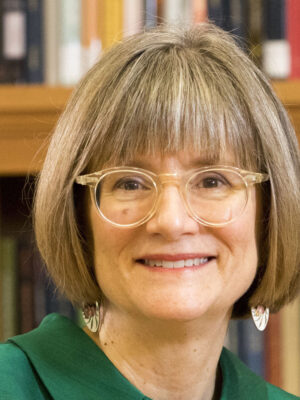
Stephen Berry, Associate Academic Director for Digital Humanities
Gregory Professor of the Civil War Era, Department of History
Stephen Berry feels compelled to study “old, unhappy, far-off things.” His research explores the intersections of race, class, gender, family, depression, disappointment, and death in the nineteenth-century South. He is the author or editor of four books on America in the mid-19th century, including House of Abraham: Lincoln and the Todds, A Family Divided by War, the Book of the Month Club main selection for March 2008, and Weirding the War: Stories from the Civil War’s Ragged Edges. He oversees the web project “CSI Dixie,” devoted to the coroner’s office in the nineteenth century South. Berry is Secretary-Treasurer of the Southern Historical Association; co-director, with Claudio Saunt, of the Center for Virtual History; and co-editor, with Amy Murrell Taylor, of the UnCivil Wars series at the University of Georgia Press. A Distinguished Lecturer for the Organization of American Historians, Berry’s work has been supported by the National Endowment for the Humanities, the Mellon Foundation, and the American Council of Learned Societies, among others.
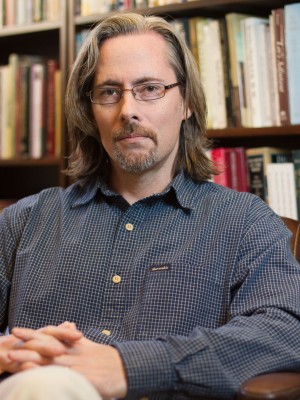
Mark Callahan, Associate Academic Director for Arts Research and Practice
Artistic Director, Ideas for Creative Exploration
Mark Callahan is the artistic director of Ideas for Creative Exploration, an interdisciplinary initiative for advanced research in the arts at UGA, and serves on the faculty of the School of Art. He is a graduate of Cranbrook Academy of Art and Rhode Island School of Design, where he was a member of the European Honors Program in Rome, Italy. Callahan’s work has been included in exhibitions at the Massachusetts Museum of Contemporary Art (MASS MoCA), Club Internet, MAMA: Showroom for Media and Moving Art in the Netherlands, the Telfair Museum in Savannah, Georgia, and used in concert by R.E.M. as a large-scale video projection. He is a co-principal investigator of “Enhancing imaginative and collaborative STEM capacity through creative inquiry,” an arts + STEM graduate workshop project supported by the National Science Foundation.
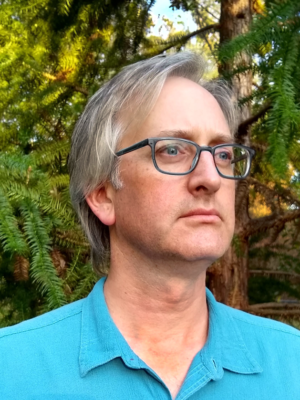
Katie Ireland, DigiLab Fellow
Outreach Coordinator, Digital Humanities Lab
Katie Ireland is the Outreach Coordinator for the Willson Center Digital Humanities Lab (DigiLab), located in the UGA Main Library, Room 300. She holds a Ph.D. in Linguistics from the University of Georgia and works with faculty and students to support DH teaching and scholarship. Her research focuses on language variation and text analysis using computational and interdisciplinary methods.
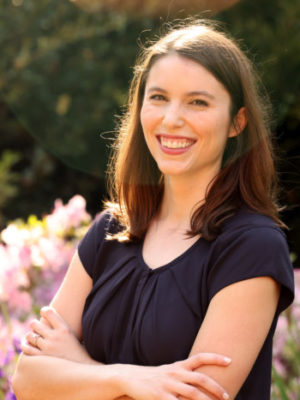
J. Derrick Lemons, Religion Fellow
Associate Professor, Department of Religion
Derrick Lemons is a visiting professor at Christ Church, the University of Oxford. He is president of the American Academy of Religion for the Southeastern Region, regional coordinator of the American Academy of Religion, and director of the Center for Theologically Engaged Anthropology. Lemons graduated from Southern Wesleyan University with a Bachelor of Science in Religion (1994) and from Asbury Theological Seminary with a Master’s (1997) and Doctorate (2008). His research and teaching are guided by his interest in the intentional innovations of religious subcultures and the influence of theology in religion across time and space. Currently, he serves as the PI of a $327,000 John Templeton Foundation grant that is researching rapid religious change. Previously, he served as the PI of a $217,000 John Templeton Foundation grant to establish the field of Theologically Engaged Anthropology.
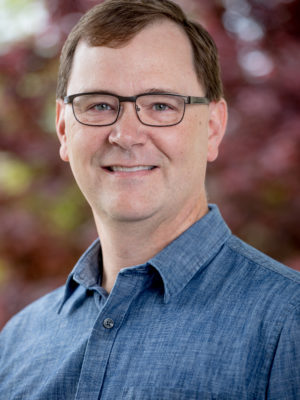
Éric Marty, Digital Arts Fellow
Research Professional, Project AERO, Odum School of Ecology
Éric Marty is composer and media artist who works in sound, interactive design and hybrid forms. He also conducts research in data visualization with ECOGIG (Ecosystem Impacts of Oil and Gas Inputs to the Gulf) in UGA’s Department of Marine Sciences. His artistic honors include the Canada Council for the Arts’ Stauffer Prize, the ALEA III International Composition Prize, composition prizes from the Canadian Broadcasting Corporation, ASCAP and SOCAN, and fellowships at the Akademie Schloss Solitude in Stuttgart and the Fondation Camargo near Marseilles. His installations and site-specific performances, supported by the Canada Council, have been exhibited at the ISCM World Music Days, the Ojai Music Festival, the International Digital Media and Arts Association, the Atlanta Contemporary Art Center, Flux Night Atlanta and the Akademie Schloss Solitude. Marty studied at the Center for New Music and Audio Technologies at the University of California at Berkeley, and holds a PhD in Composition and Computer Music. As Willson Center Digital Arts Fellow, Marty helps build interdisciplinary collaborations among the arts and sciences at UGA.
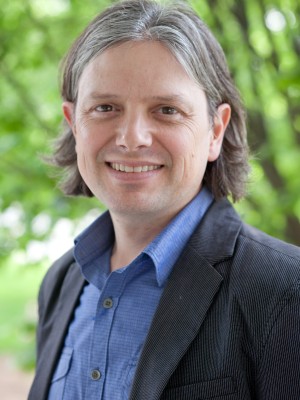
Scott Nesbit, Digital Humanities Fellow
Assistant Professor of Digital Humanities, College of Environment and Design
Scott Nesbit’s work explores the intersection between digital tools and humanistic questions, particularly questions touching on the history and spaces of the American South. He earned a PhD in history at the University of Virginia in 2013, where he wrote about the geography of slavery and emancipation in the Civil War South. From 2009 until 2014 he was the associate director of the Digital Scholarship Lab at the University of Richmond. He has led digital history projects such as Visualizing Emancipation, which used a wide array of textual sources – ranging from military correspondence to runaway slave advertisements found in southern newspapers – to map out where and when slavery fell apart during the American Civil War.
